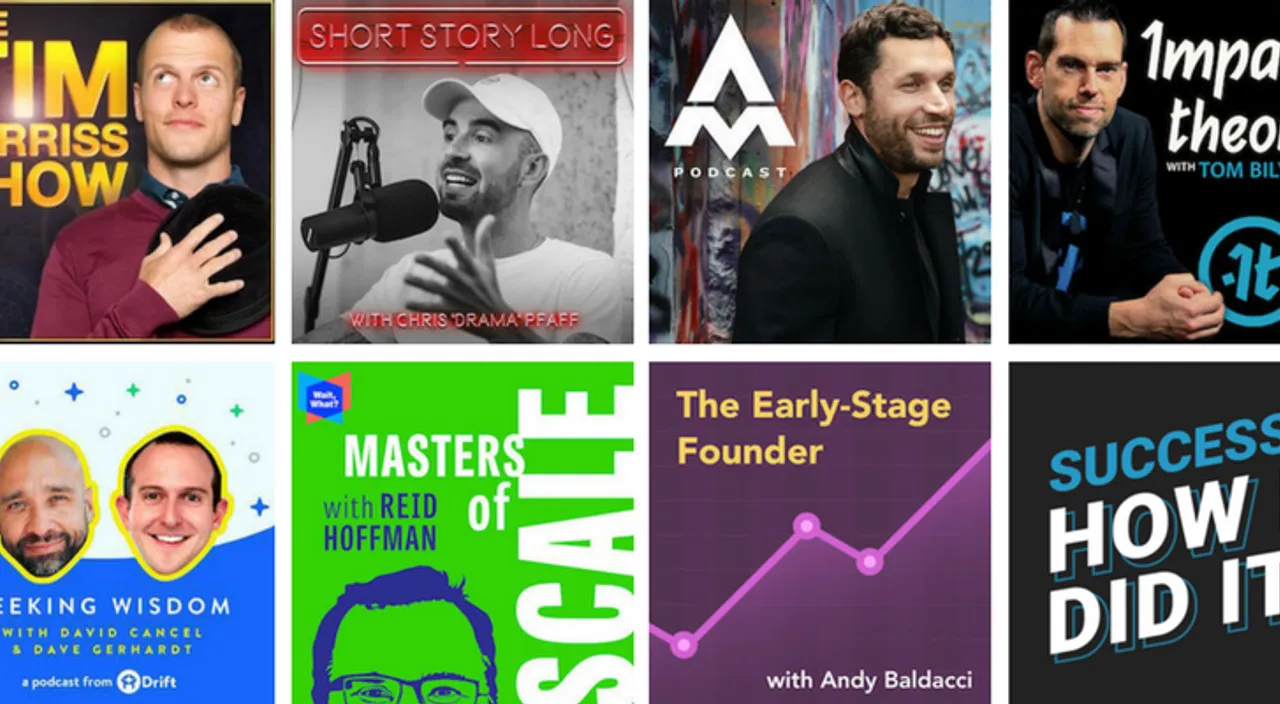The amount of website traffic your site attracts is vitally linked to your rank on the SERPs (Search Engine Results Pages). Your ultimate goal is to land above the fold (in the top four places) on the results page. Next best is somewhere just a little bit below that. Land on page two and there is a very good chance that no one will ever find you.
A few short years ago choosing the right keywords and stuffing every possible variation of those keywords into your page content and your keyword field was all it took to rank with search engines. Then, thankfully, Google started implementing penalties for black hat practices and keyword stuffing.

Since then the algorithms that decide your search engine rankings have come a very long way. Keywords are no longer the be all and end all of SEO. There are vast and complicated network systems and algorithms which measure your page’s worth.
For one thing, you no longer need to add every possible variation of your theme into your copy in case you miss a user’s search due to different spelling or wording. Google, and many other search engines, are now able to decipher the dualities and more subtle meaning of search terms for themselves through the way that they decide what your page is about. It can pick alternative spellings and give suggestions.
It is also no longer necessary to enter all of your keywords into that little box that existed in the old Joomla websites. They just need to be in your copy and alt. text.
Exactly how Google and the search engines measure websites is an ever changing and evolving process, one which they don’t really want us knowing. But there are certain things that we do know for certain, and even tools that they offer which can help you.
Is Keyword Research still Relevant?
In short, yes. Keyword research is still vital to the success of your website.
Where keywords may be losing their weight, long tail keywords are still important to how you are ranked for various searches. As a website owner, you need to think about the kinds of questions and search terms people will use when looking for your services or products. Try to use these in your copy, but be very careful not to stuff them into the copy in an unnatural way. If the page doesn’t read well it will lose points. Instead structure your content around addressing these searches directly, but again, it should be natural.

Essentially every visitor who lands on your website starts out by typing words into a search engine. Your long tail keyword research in one of the most high return marketing activities you will ever undertake for your business.
There is a lot more to it than just finding the right keywords, too. Ranking not only for the right words but also with the right audience, in the right cities, looking for the right things.
There is not much point is targeting keyword phrases that drive huge volumes of traffic if none of those people are going to convert (or even stay on the site).
Keyword research will help you to stay current with the shifts in demand, trends, changing market conditions, and help you to identify negative keywords that you do not want to be associated with. Research is as essential to your SEO as any other part of the website building process, and should be executed before final pages or even final designs and layouts are chosen, because the findings will determine the content that you add to your site.
Other Important Factors to Keep in Mind when Brushing Up on SEO
Meta Data and Meta Tags

Meta descriptions are really important to your searchability. It affects the quality score of your pages and it gives the potential visitors a quick and direct way to find out what the page is about before they even click the link.
Often people will skim past higher ranked posts until they find a meta tag that tells them they have found a page which offers the information they’re looking for. Make sure that your long tail keywords are used in your meta descriptions to help Search Engines understand what your page is about.
<H> Tags
Another important factor when improving your SEO rankings to increase your website traffic is good use of Heading Tags. Your Heading 1Tag tells the crawlers what the page is really about. Heading 2 and Heading 3 tags add extra weight and allow you bring in finer focus on the subject. If you use more than one Heading 1 tag on your page the crawlers get confused, because you are now telling them that the page is about one thing, and then another. This can cause you to lose points in your quality score.
Use Heading 2 tags to create subsections and Heading 3 tags if you need smaller sections beneath this. Deviating from this system could work against your quality score.
Backlinks

Backlinks may sound like old news, but there are a few changes here that should be noted. The number of links to your page from other websites lend to your quality score. But whereas before simple numbers were all that mattered, search engines now take a lot of notice of where exactly those links are coming from. The quality score of the page linking to yours has a lot to do with the amount of clout that link has – and multiple links from poorly rated pages could be bad you.
Quality Content

The most important aspect to your SEO after your long tail keywords and meta descriptions, is your content. Images should be clear, good quality and low res to avoid lags and slow loading. Copy should be concise, well written and related to your subject matter. It should be written for humans to read – not for spiders to crawl.
If you want to talk website optimization with our team, contact us directly and we will be more than happy to get back to you!




